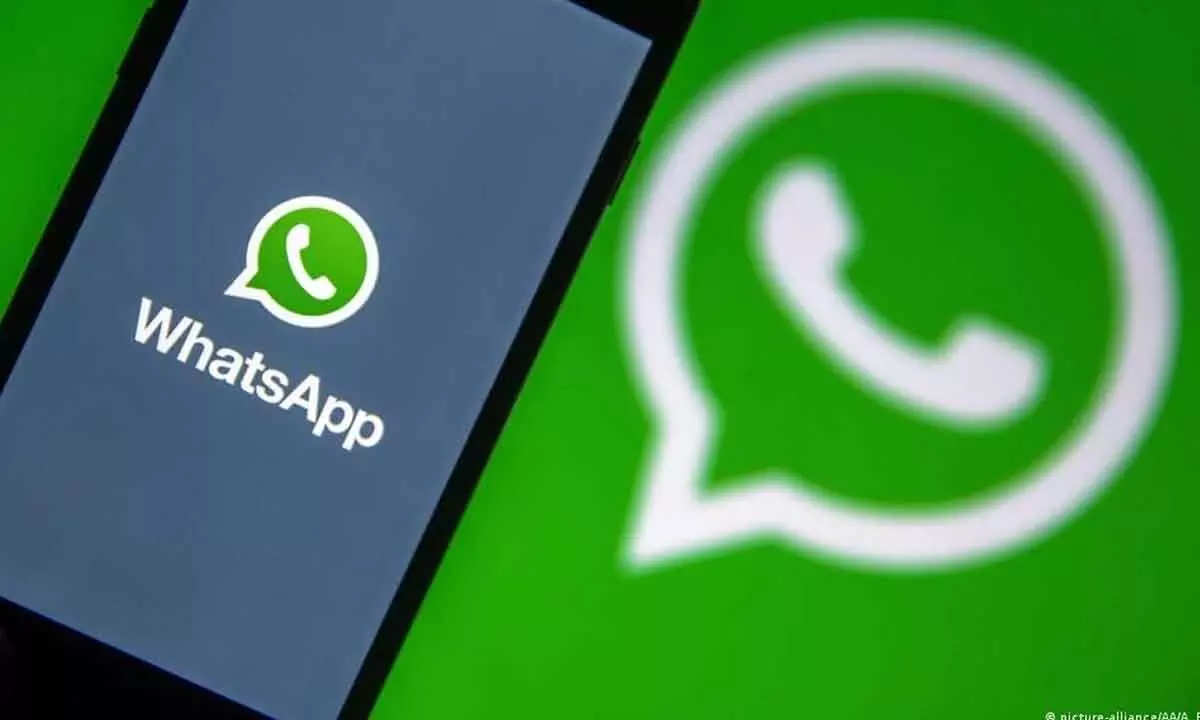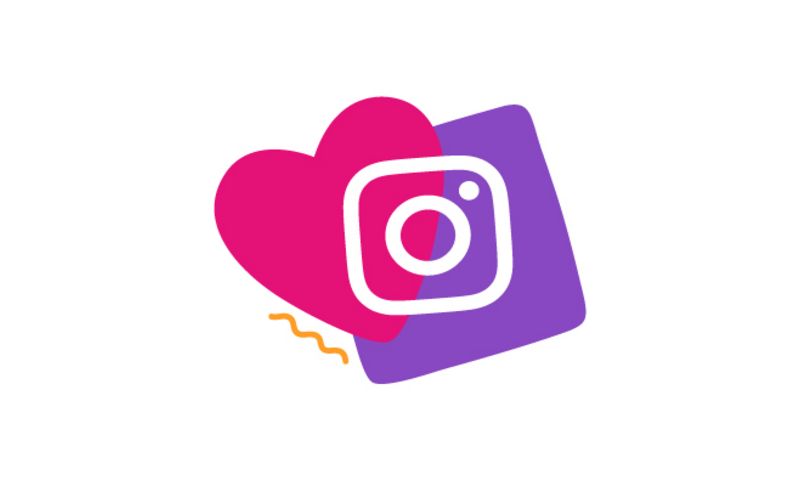Facebook made the decision to phase out its in-app messaging feature on the primary Facebook apps for iPhone and Android. Users globally now must download the standalone Facebook Messenger app to use mobile chat. This initiative was first rolled out in Europe and, after witnessing a rise in user engagement, it was expanded globally. Facebook reported that messages on the Messenger app are responded to 20% quicker. The move is expected to unify the development and user experience across both the main Facebook apps and Messenger.
Messaging on mobile web, iPad, feature phone, Windows Phone, Paper, and desktop will not be impacted by this decision. Users can continue to message from within their primary Facebook apps or sites. The Messages tab in the native apps would transform into a notifications hub and redirect to Messenger upon downloading the app, which was an option available earlier.
Users of Android and iPhone will be prompted to download Messenger before the chat function becomes inaccessible in the primary apps. Facebook is communicating this change through emails and notifications in an effort to keep users updated. While some users might initially resist this change, the goal is to offer a more streamlined and efficient messaging experience.
The company chose to forgo publishing a blog post about the modification, choosing instead to notify users directly. The intended focus is to upgrade Messenger and eliminate any confusion resulting from independent Facebook mobile messaging experiences.
Critics of the change might not appreciate the need to manage two separate Facebook apps, and some might be inconvenienced by the disappearance of the Chat Heads interface that used to enable chatting while engaged in other tasks. Yet, Facebook contends that users send more photos, group messages, videos, stickers, and audio clips on Messenger, suggesting a more enriching overall experience.
With new features like recorded video sharing and a split-screen selfie button for quickly snapping spontaneous photos and videos, the standalone Messenger app has been revamped. Although there may be initial resistance, this development could prove advantageous, enhancing messaging use, familiarizing users with other Facebook standalone apps, and potentially generating revenue in the long run.
This method might briefly tarnish Facebook’s reputation by highlighting the company’s capacity to enforce significant changes irrespective of user preferences. However, this shrewd move in promoting product innovation might prove advantageous in the long run.
Updated in 2025 to align with recent developments.
Discover more from TechBooky
Subscribe to get the latest posts sent to your email.







